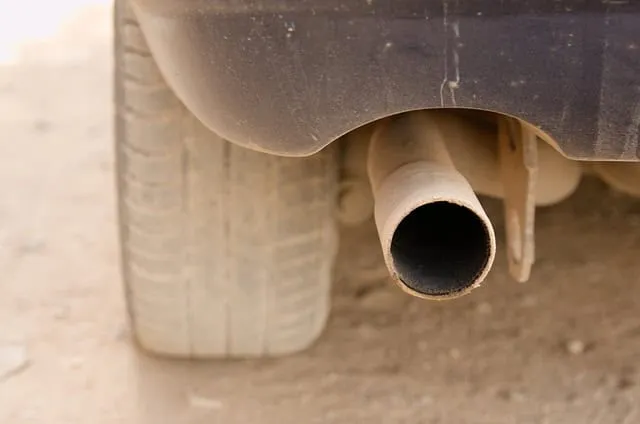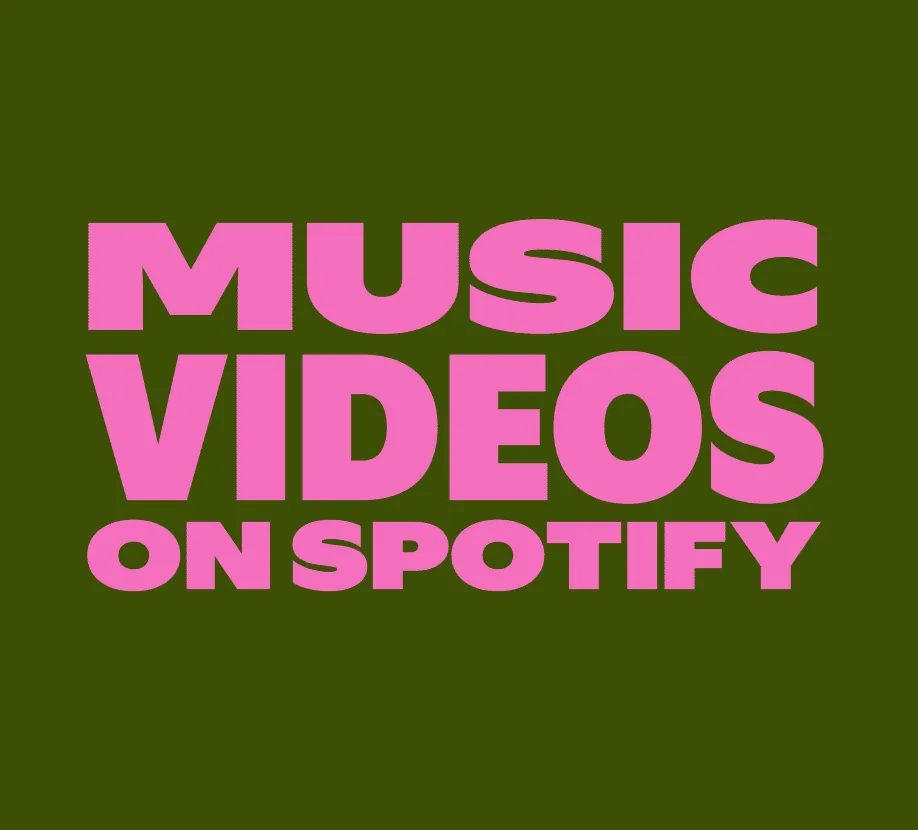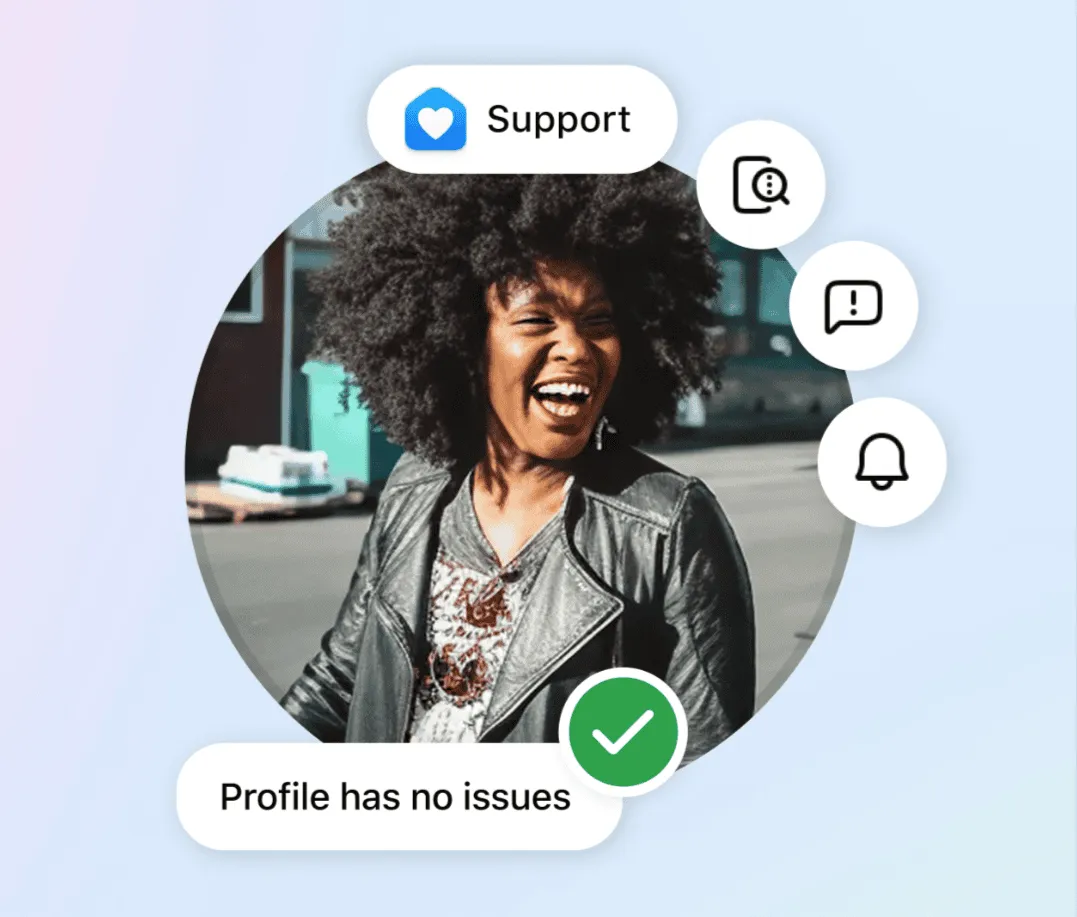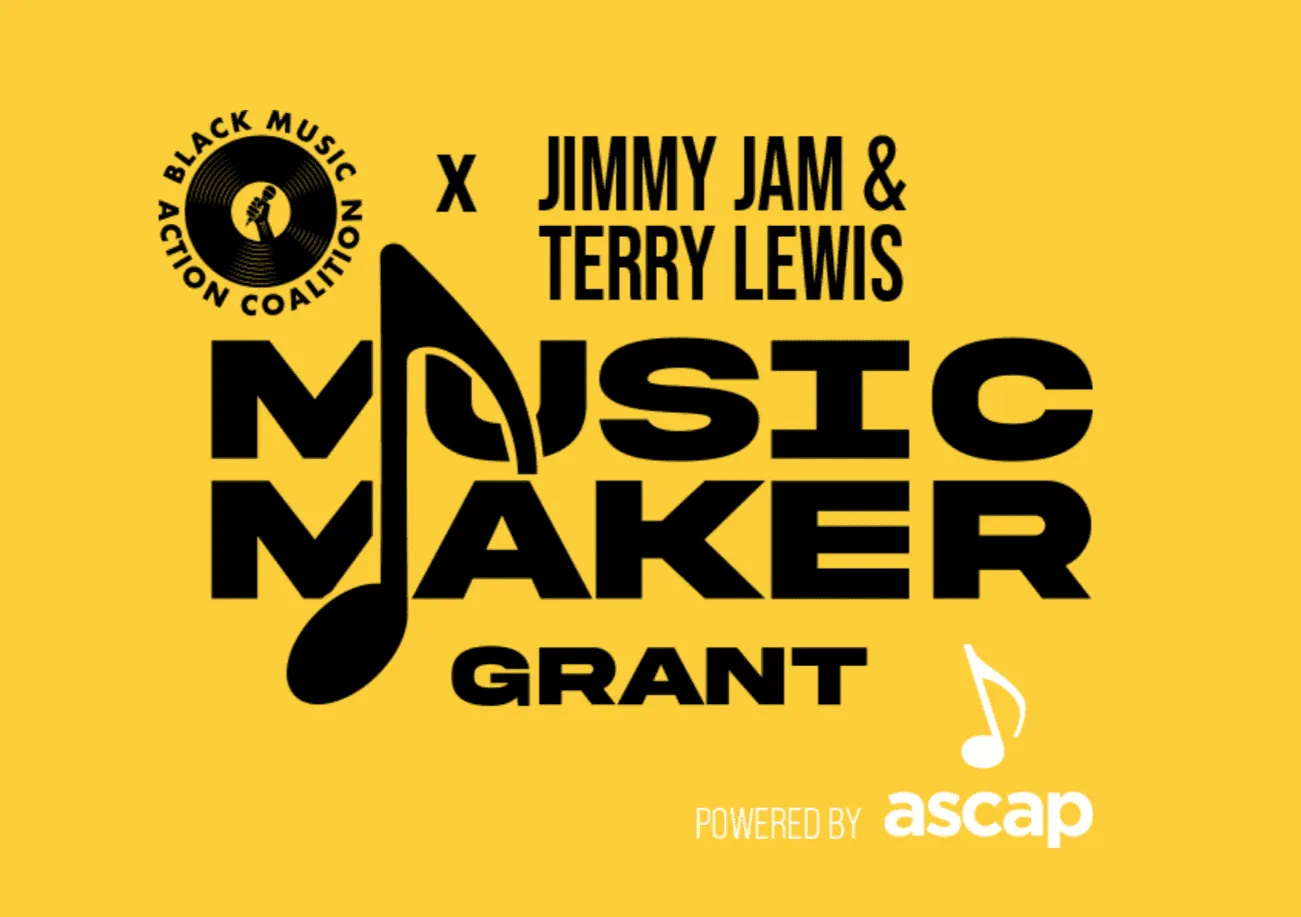As part of our exploration into the meaning and value of "free" music, Hypebot asked some of the music
industry's most forward thinkers the value and future of free music.
Here Kevin Arnold, The CEO of digital distributor The Independent Online Distribution Alliance (IODA) shares his perspective.
We definitely believe Free has value in a number of ways for music.
First and foremost, in the way it has almost always been used in music and in many many other consumer businesses: as a free sample to introduce a product to new users. Just like the handouts at Costco, tasting at a winery, or swag bags at conventions and parties, labels and artists have long given away music in the form of samplers and promo CDs, free performances, and outlets like radio and MTV. In the digital world this act has value in ways that we’re still learning and consistently surprise us. Who would have thought that the free giveaway of Nine Inch Nails’ last record would end up with it being the top selling album at AmazonMP3 last year? The important thing with this type of (promotional) Free is that it is done on the artist/content owner’s terms, and that they can control the process to manage the value of the effort and get what they want out of it.
At IODA, we launched a platform called Promonet way back in 2006 that allows our clients to have control over and insight into this process to provide concrete benefits and trackable results. Over the past several years we’ve provided free promotional music to thousands of blogs, podcasts, device manufacturers, streaming services, and online retailers, resulting in millions of free downloads and streams. In return, millions of click-throughs to digital retailers and label/artist sites have generated digital music purchases and deeper fan-artist relationships. Promonet allows for a limited number of tracks from a release to be made available for free use, and our promotional license requires that the poster of the file properly presents the download with artist, label, and release info and artwork. Most importantly, Promonet requires the inclusion of “buy links” to online retail outlets where the music can be purchased. The license also enables the artist or label to track the promotional activity and helps them better understand which promotional outlets are most effective at driving traffic and potential sales.
Beyond the promotional Free are the more recent attempts at commercial offerings that “feel like free”. This covers pretty much everything from the massively popular streaming sites like MySpace, Playlist, and imeem to ideas like ISP-endorsed free file-sharing or newer models like PlayAnywhere from Catch Media. The key difference is that these platforms aim to offer not a few sample tracks but rather full releases and catalogs. In exchange, content owners expect to get paid for the use of the music. These models still have a long way to go towards providing monetization levels that most content owners are comfortable with, and many unanswered questions as to whether these services help or hurt other online sales models remain.
Good old-fashioned free P2P file sharing can also be valuable in some cases, generally for the developing artist in accordance with the “give-it-away-until-you-can-charge-for-it” theory. But this should be done at the discretion and control of the artist or label, ideally with some measurable results, be they emails from new fans around the world or more people coming to your shows.
In any case, only the content owner can decide if any of these flavors of Free work for them or not.




